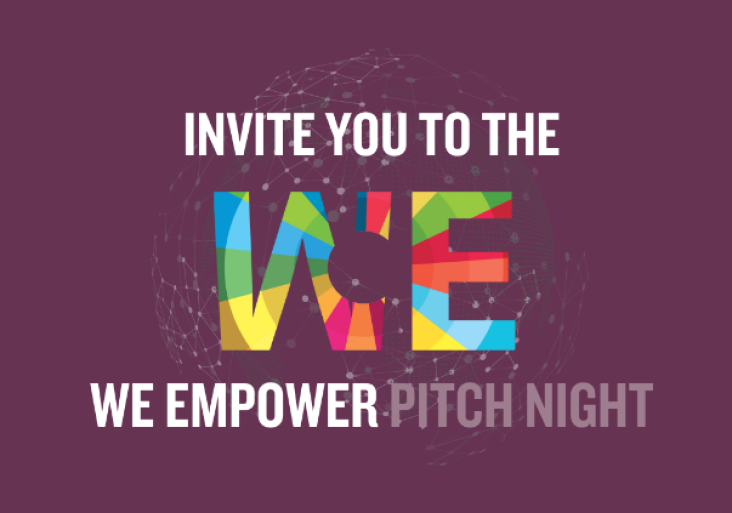
On Wednesday 25th September 2024, the five 2024 WE Empower awardees will take part in the WE Empower SDG Challenge Pitch Night. Hosted by fashion designer, author and philanthropist, Diane Von Fur
This review aims to identify optimal strategies for the long-term sustainable development of Bangladesh in the realm of occupational chemical safety and management. The review critically evaluates the current state of Bangladesh's national chemical management and proposes a policy trajectory for consideration.
This chapter aligns with several SDG goals. Goal 3: Good Health and Well-Being: the chapter discusses the poor health status and health disparities faced by Indigenous populations globally (higher rates of infant mortality, maternal mortality, malnutrition etc.) and advocates for targeted policy responses and improved access to healthcare services. Goal 10: the chapter discusses the social, economic, and political marginalization of Indigenous peoples worldwide, describing how Indigenous communities are often denied self-determination, face ongoing loss of land and resources, and experience systemic discrimination. Goal 15: Life on Land: the chapter discusses the close relationship between the health of Indigenous peoples and the health of their traditional lands and ecosystems. It highlights the importance of biodiversity conservation and the need to recognize the rights of Indigenous communities to their ancestral territories and natural resources.
Understanding Autism: Perspectives, Assessment, Interventions, and the Journey Towards Inclusion, 2025, Pages 91-107
